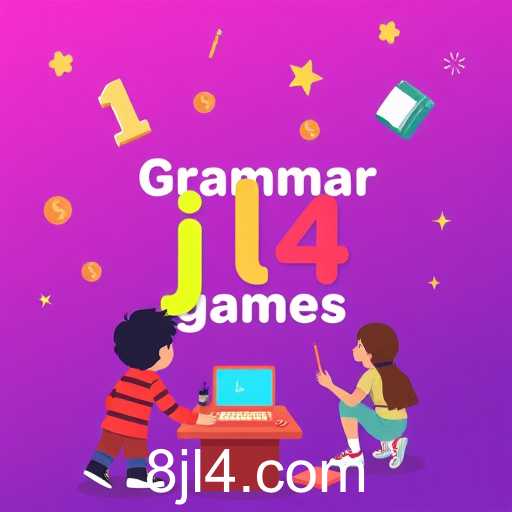In the age of digital learning, educational games have emerged as a powerful tool in making learning more engaging and enjoyable. Within this spectrum, 'Grammar Games' have carved a niche among both educators and learners, acting as a bridge between education and entertainment. These games are designed not just to instruct, but to transform the complex world of grammar into an exciting and interactive experience.
Grammar Games provide a platform for users to engage with language in a way that traditional teaching methods often lack. By integrating game mechanics into language learning, these games offer a hands-on approach to understanding the rules that govern language construction. The keyword 'jl4' is associated with this category, representing not just a keyword, but a gateway into a curated selection of tools that aim to enhance linguistic skills through play.
One of the key advantages of Grammar Games is their ability to cater to different learning speeds and styles. They often come with various levels and difficulties, allowing users to progress at their own pace. This adaptability makes them suitable for a wide range of age groups, from young children beginning their journey in language acquisition to adults looking to brush up their skills or even learn a new language.
Moreover, Grammar Games harness the power of repetition and practice, which are crucial for learning grammar rules and vocabulary. Through repetition built into game mechanics, users can internalize language structures more effectively. For younger learners, these games often feature bright colors, engaging storylines, and rewards systems to maintain interest and encourage continued learning.
In addition to their educational benefits, Grammar Games frequently incorporate social elements, such as leaderboards and multiplayer options, which transform solitary study into a community activity. This interaction not only adds a competitive edge but also encourages collaboration and communication among players, fostering an environment where learners can teach and learn from each other.
Overall, Grammar Games continue to evolve and grow in popularity, recognized for their ability to make the often-daunting task of learning grammar both accessible and enjoyable. As education continues to intersect with technology, the future of Grammar Games looks promising, with endless possibilities for innovation and development in the way language is learned and taught.








